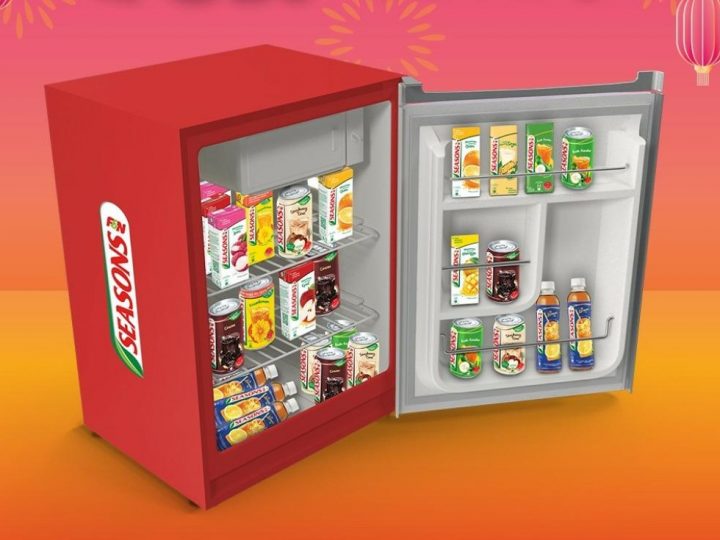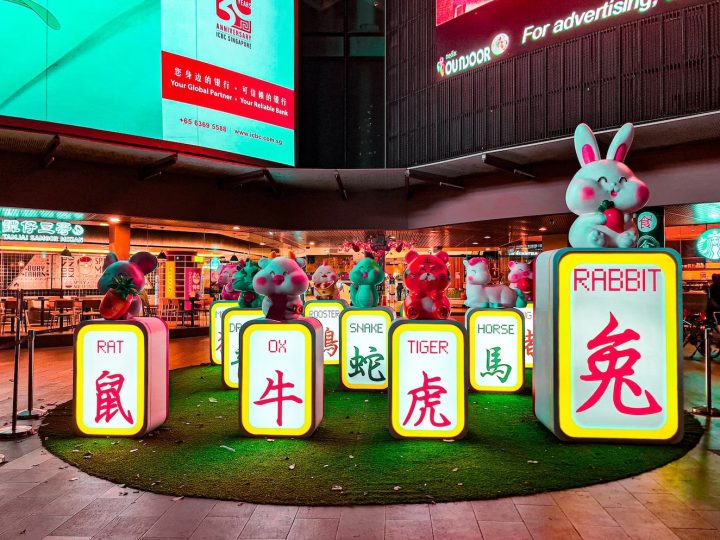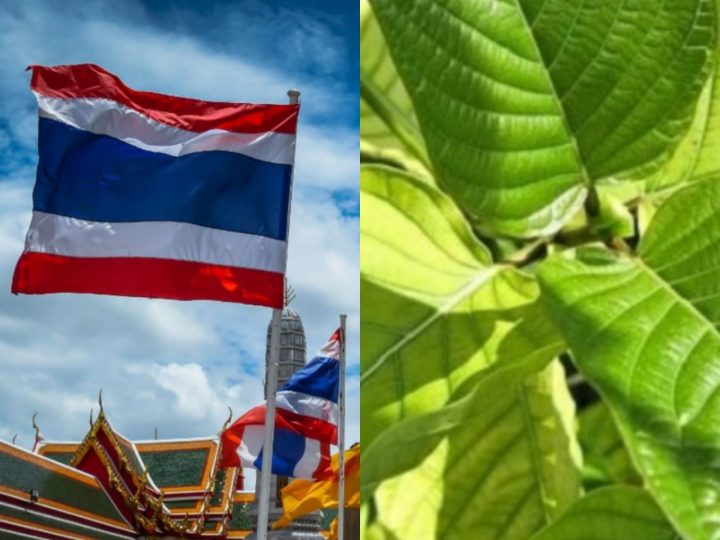10 Brands You Thought Were Malaysian But Actually Aren’t
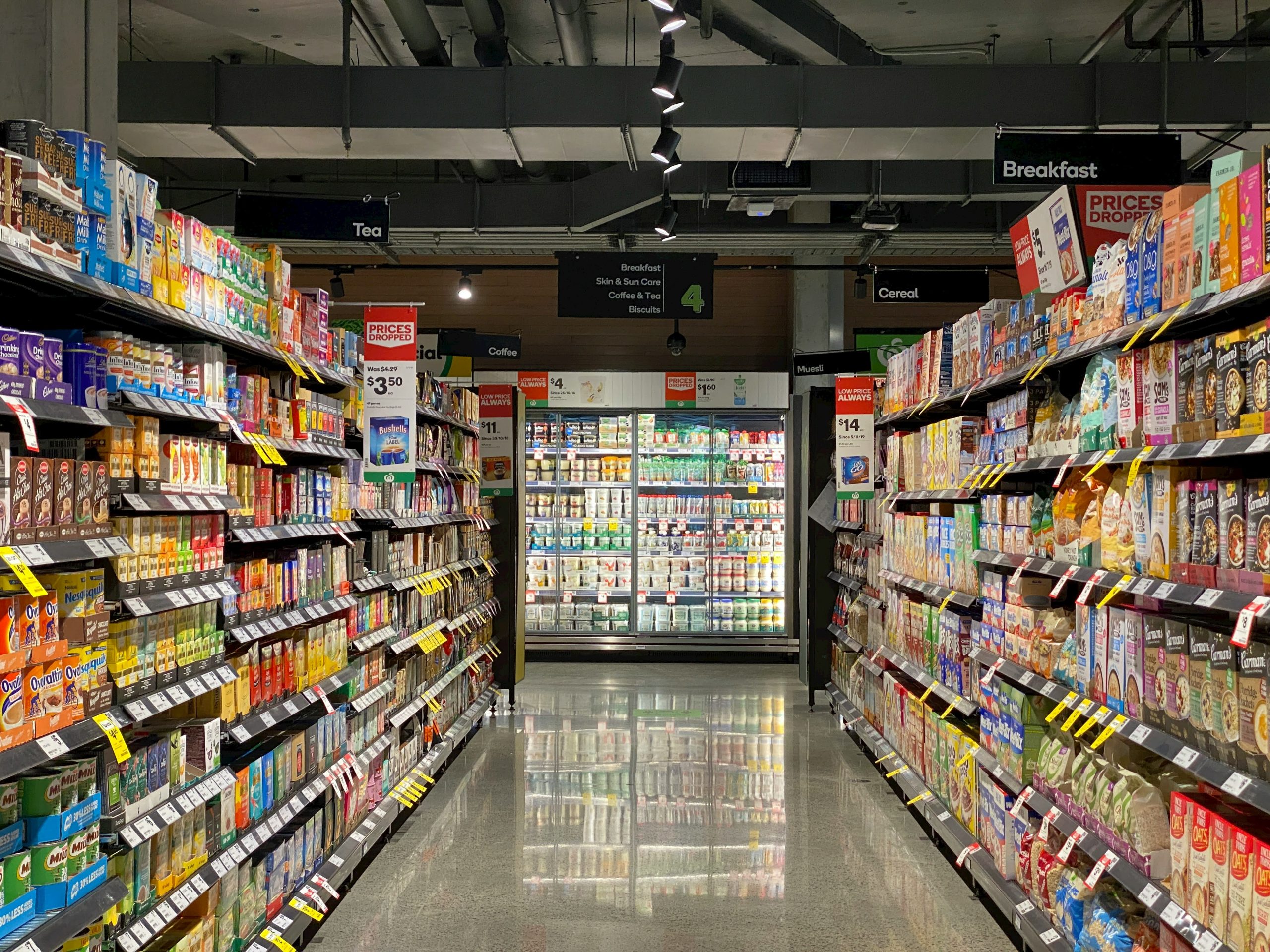 Thirsty for JUICE content? Quench your cravings on our Instagram, TikTok and WhatsApp
Thirsty for JUICE content? Quench your cravings on our Instagram, TikTok and WhatsApp

You’ve probably been surprised to learn about the origins of certain products. We often see Malaysians agape when they find out that brands such as Russell Taylors are Malaysian (just like designer Jimmy Choo).
But what about the brands you thought were Malaysian, but actually are not? We made a list of them for you, and saved the most shocking for last…
Bata – From Czech Republic
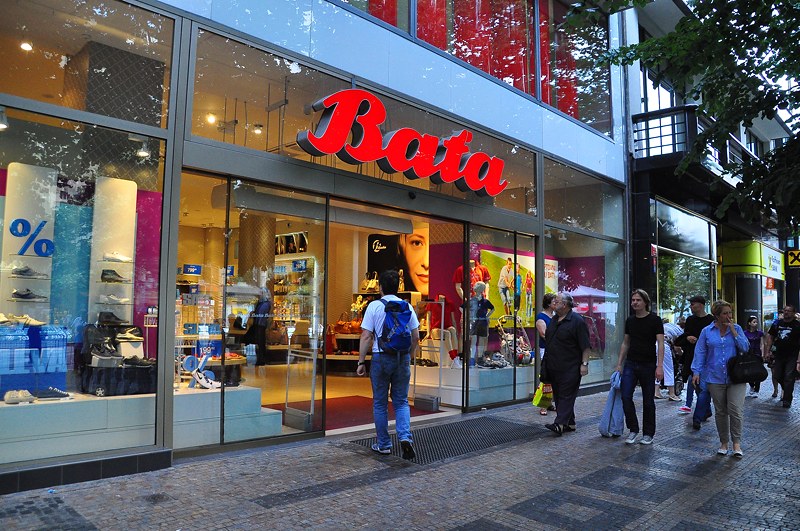
Many Malaysians grew up wearing Bata shoes, assuming it was a local brand. However, the reality is that Bata originated from Zlín, Czech Republic. It’s one of the world’s leading footwear retailers, with a long history dating back to 1894.
Personally, like many others, I remember feeling a sense of pride selecting Bata shoes for school, thinking I was ‘supporting local’. 😭
Sunquick – From Denmark
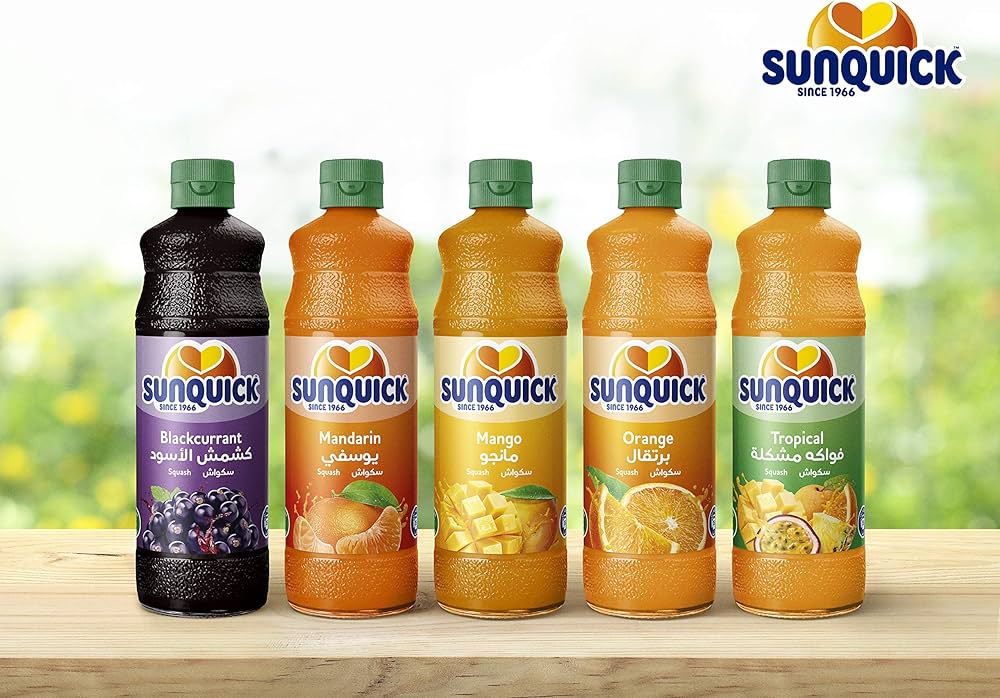
Sunquick is a brand known for its concentrated fruit cordials, which are widely used in Malaysia to make refreshing beverages. A staple at gatherings and even kenduri, having a jugful of Sunquick orange juice is basically a canon event for us Malaysians.
Despite that, Sunquick is actually a product of Denmark. The brand has been providing quality fruit concentrates since the 1960s, offering a convenient way to enjoy fruity drinks year-round.
Kopiko – From Indonesia
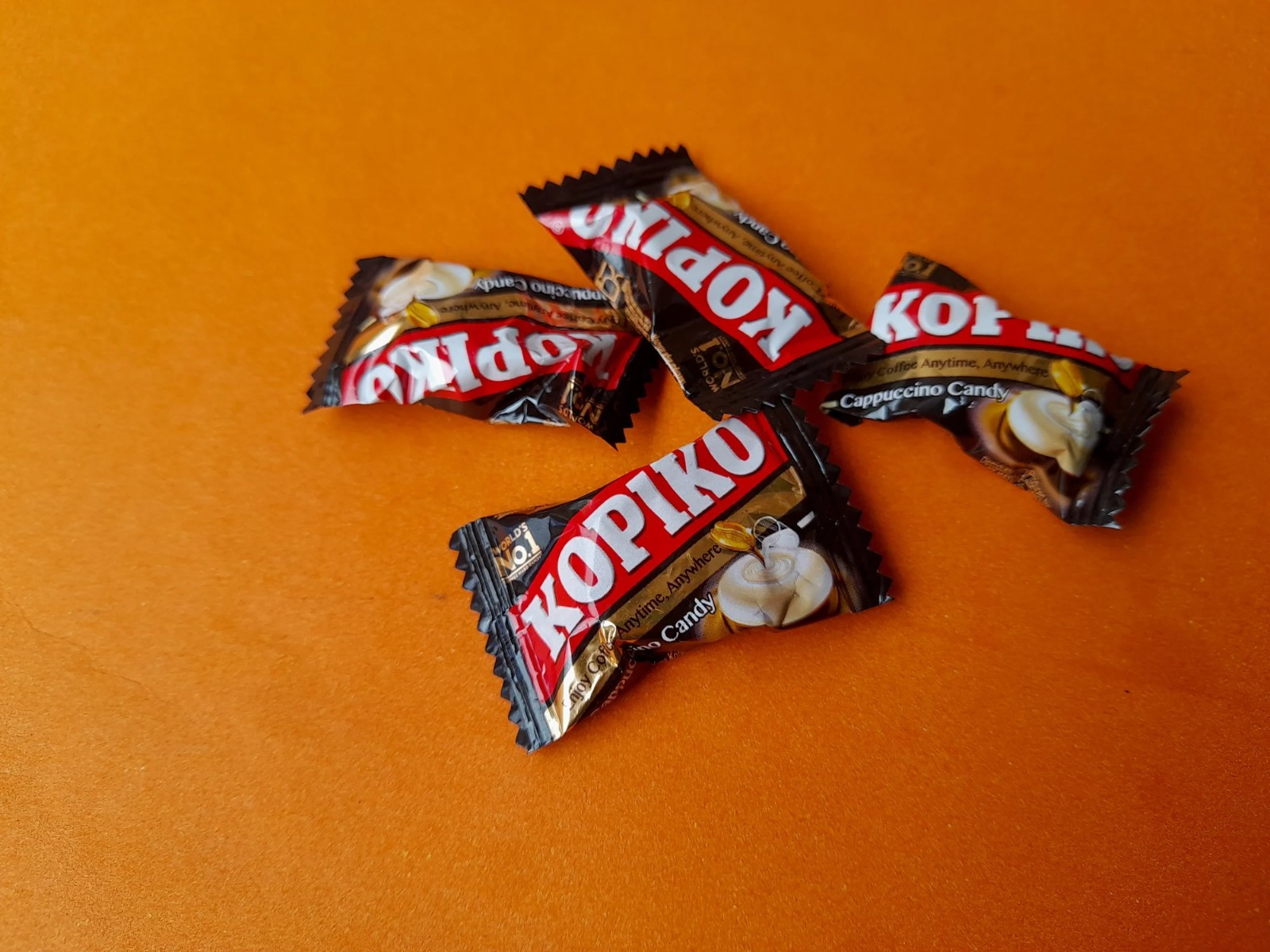
Kopiko, with its seemingly distinctive Malaysian name, has become a household favourite for coffee lovers. However, the surprise comes when you discover that Kopiko is actually an Indonesian brand.
It has gained significant traction in Malaysia due to its affordable and flavourful instant coffee, but its roots lie across the Strait of Melaka!
Lipton – From The United Kingdom
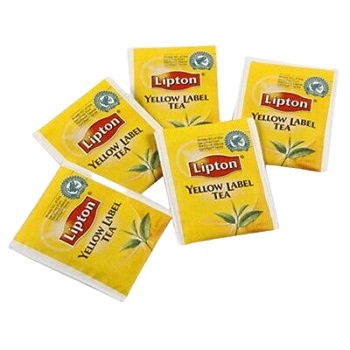
Lipton is a well-known brand of tea that has been enjoyed by Malaysians for generations. Despite its widespread availability in Malaysia, Lipton is actually a British brand, founded by Sir Thomas Lipton in the late 19th century.
Lipton teas are known for their quality and variety, offering a range of flavours to suit different preferences. Whether it’s hot or iced, Lipton tea remains a popular choice among Malaysians for its refreshing taste.
This one might not be as shocking, but I remember being absolutely BAFFLED seeing Hugh Jackman dance his butt off in an ad for a brand which I assumed was local…
Vicks – From The United States
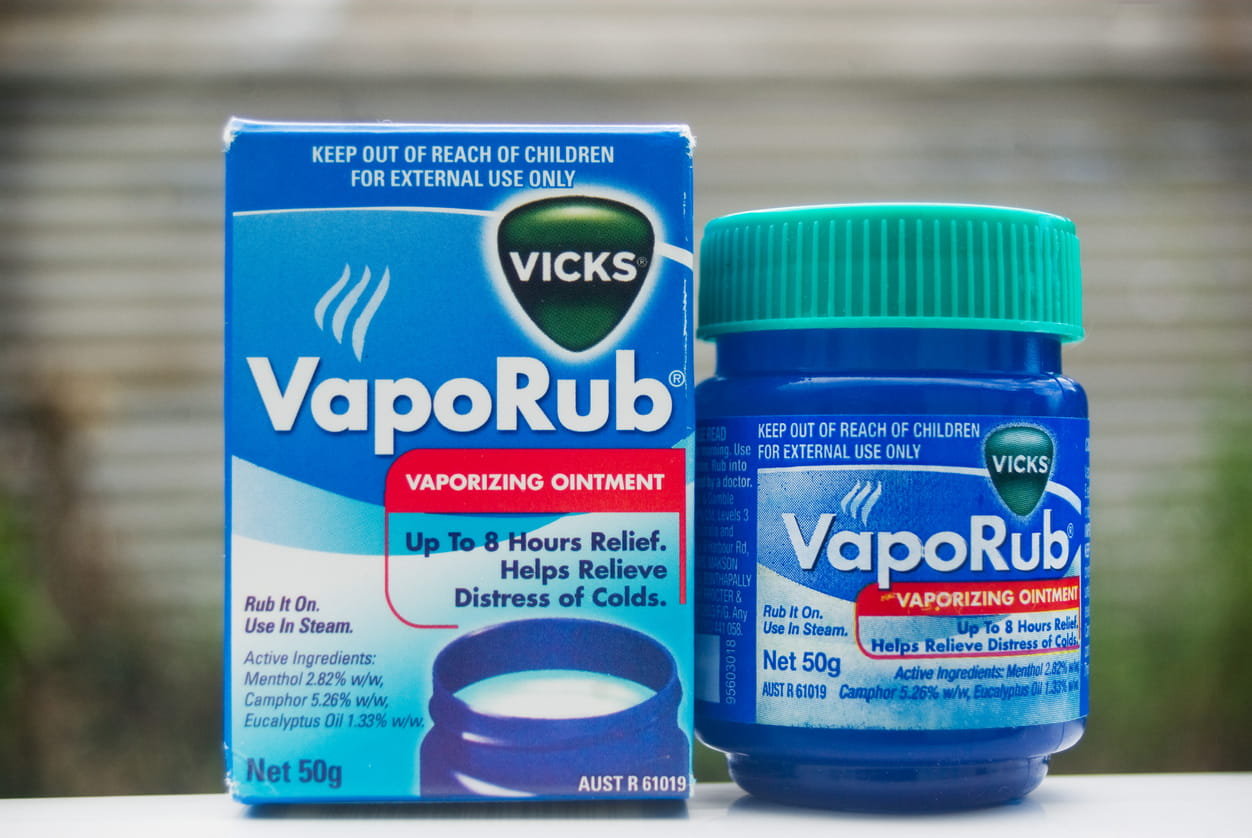
Malaysians and Vicks – truly a match made in heaven. I’ve relied on tubs and tubs of VapoRub to soothe my nose, chest, and even feet over the past two decades, it actually pains me to find out that it’s not a local brand.
Despite its iconic status in our medicine cabinets, Vicks is an American brand owned by Procter & Gamble, introduced by pharmacist Lunsford Richardson in the late 19th century.
It’s a revelation that might sting a bit, especially for those of us who’ve grown up with Vicks as a trusted companion during sniffle seasons. But hey, even though it’s not Malaysian by origin, Vicks will always hold a special place in our hearts for keeping us comforted through those pesky colds and flu bugs. 🤒❤️
Panasonic – From Japan
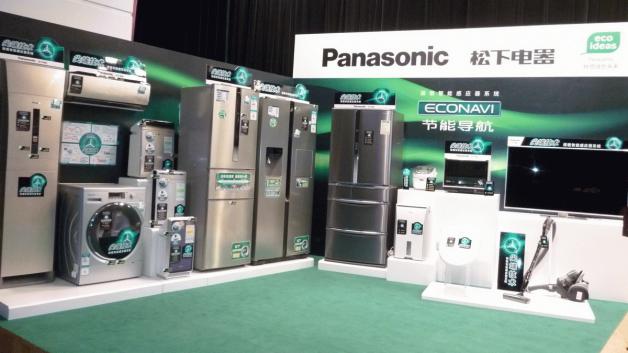
You’ve probably seen their sleek TVs and reliable appliances all over Malaysia, right?
We hate to break it to you but Panasonic, the go-to brand for electronics and home gadgets, actually traces its roots back to Japan.
On the other hand, Pensonic, or Pensonic Holdings Berhad proudly represents Malaysian ingenuity and enterprise. Founded in 1965, Pensonic has emerged as a homegrown success story, establishing itself as a reputable brand not only within Malaysia, but also across various Southeast Asian markets. So yeah, we’re still pretty cool, don’t worry.
Maggi – From Switzerland
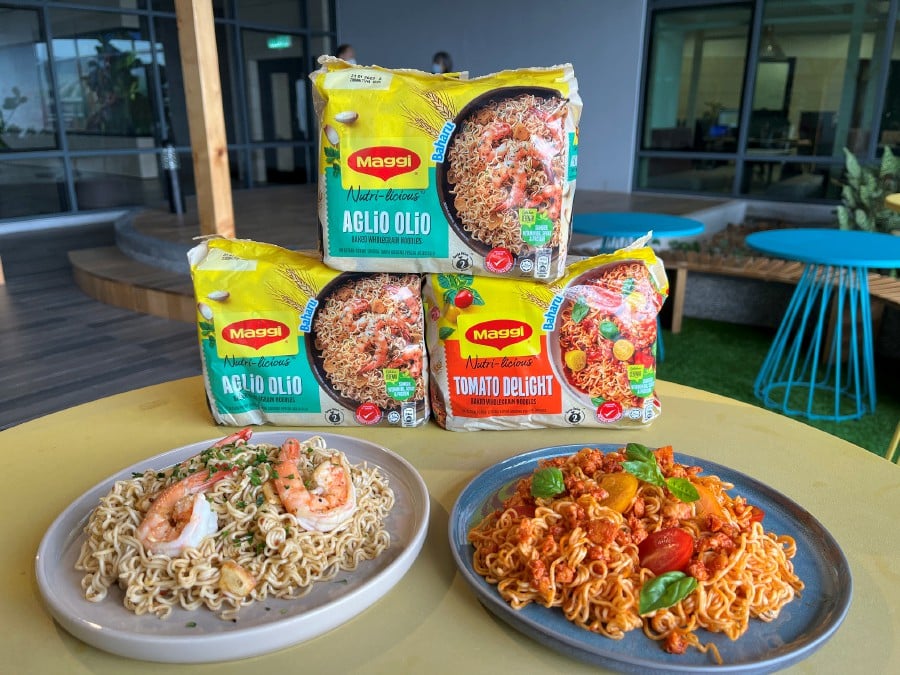
The ubiquitous Maggi instant noodles have been a staple in Malaysian households for decades. From quick meals to delicious snacks (and end-of-the-month tunggu gaji dinner), Maggi has become synonymous with Malaysian cuisine.
However, its origins trace back to Switzerland, where Julius Maggi first created the nutritious soup in the late 19th century.
His vision was simple: to make delicious and nutritious food easily accessible to busy, working families. Little did he know, his innovative approach would integrate itself so thoroughly into Malaysian culture.
Horlicks – From The United States
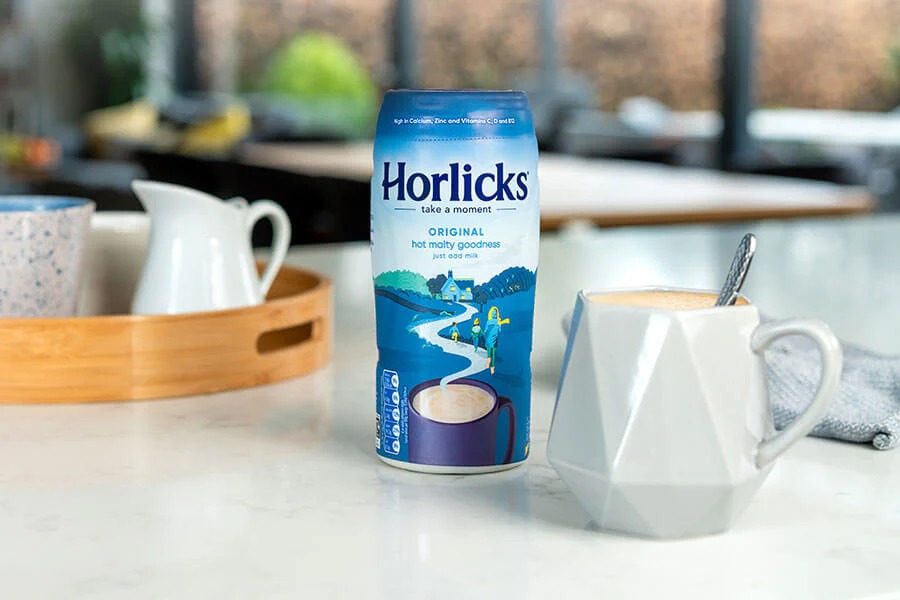
One may argue that Horlicks is more commonly associated with India, but we trust that there’s a whole bunch of Malaysians who assumed these products were made on local ground. This assumption is likely influenced by its widespread availability in supermarkets, convenience stores, and online platforms across the country.
However, this staple malted milk drink was developed by James and William Horlick, who were British-born brothers of Swiss descent. They initially created it in the United States in the late 19th century, specifically in Chicago, Illinois!
Milo – From Australia
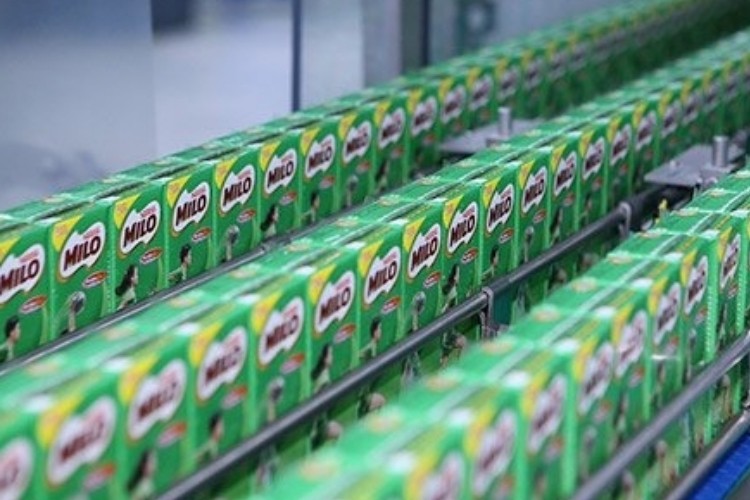
Speaking of Milo, the beloved chocolate malt drink is often associated with Malaysian childhoods. From Milo ais to Milo dinosaur, it’s a beverage that transcends generations.
However, Milo’s origins can be traced back to Australia, where it was developed by Thomas Mayne in the 1930s. While it’s manufactured locally in Malaysia and has a strong presence in the country, Milo’s Australian roots might come as a surprise to many.
You may have felt a swell of pride if you’ve spotted it in clips of the Masterchef kitchen before. Sorry to burst your bubble. 💔
That brings us to the last and most surprising revelation…
Ayam Brand – From SINGAPORE?
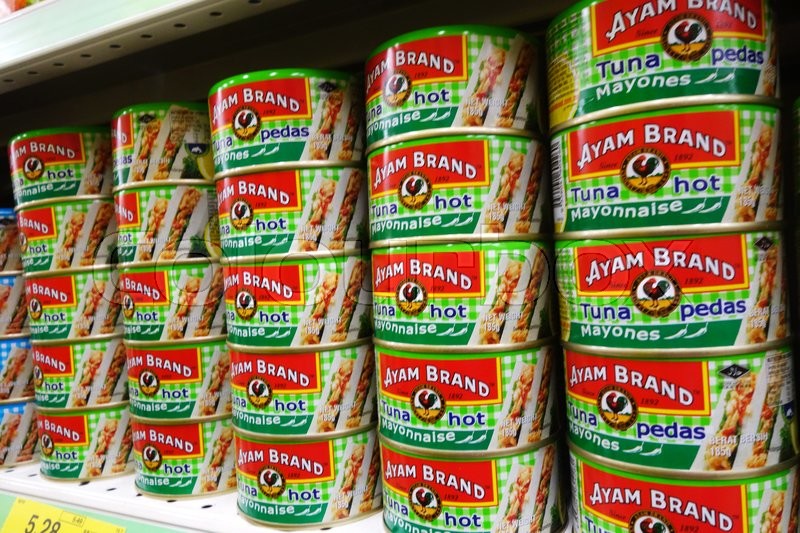
With a name that seems to hint at a Malaysian connection, it’s no wonder Ayam Brand products are a common sight in Malaysian pantries. However, the truth may be hard to swallow – Ayam Brand actually originated not in Malaysia, but in Singapore.
That’s only half the story, though. Established in 1892 by Frenchman Alfred Clouet, the company that would later become Ayam Brand initially focused on importing luxury items like French perfume and Bordeaux wine. However, facing profitability challenges, Clouet shifted to importing canned food. This move democratised access to canned goods, previously a luxury item.
Recognising local resonance, the brand was colloquially referred to as chop ayam before officially adopting the name “Ayam Brand” shortly before World War II.
Today, despite its Singaporean roots, Ayam Brand’s diverse range of products has firmly established it as a staple in Malaysian households… Unfortunately not enough to claim it as ours, though. (It’s OK, our O-chien is superior).
That’s it from us!
Did any of these catch you off guard? Do you have any similar experiences or funny stories about mistaking a certain brand as Malaysian? Let us know in the comments section!
Cover photo by Franki Chamaki on Unsplash


 Get Audio+
Get Audio+ Hot FM
Hot FM Kool 101
Kool 101 Eight FM
Eight FM Fly FM
Fly FM Molek FM
Molek FM